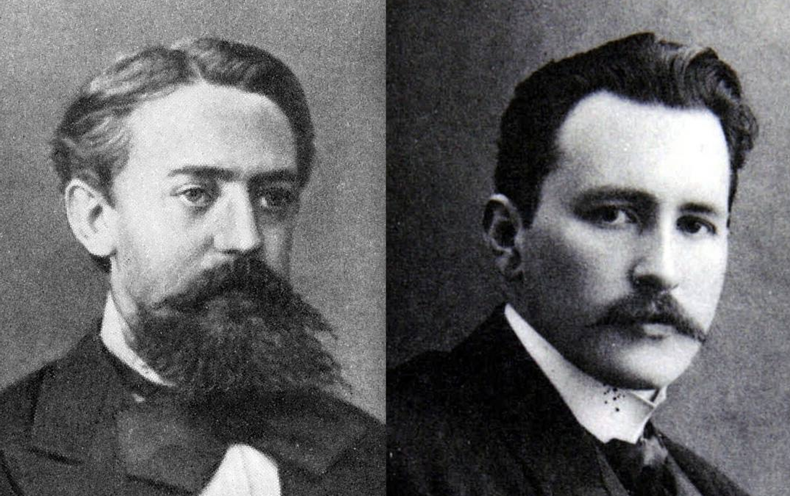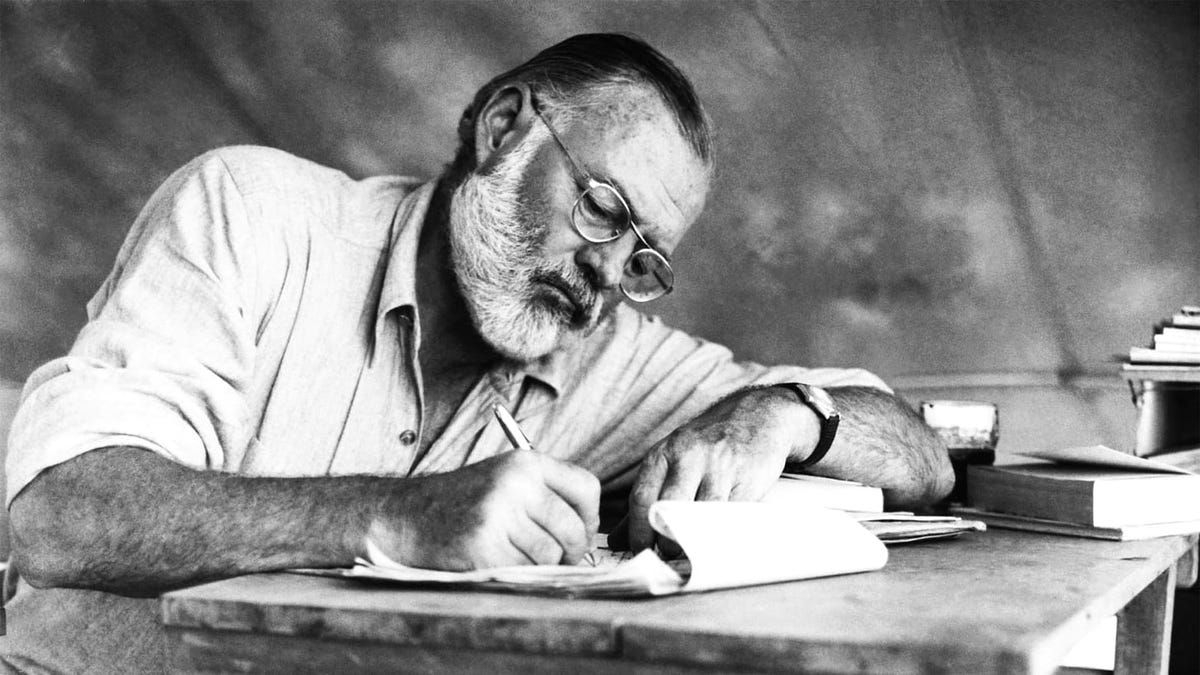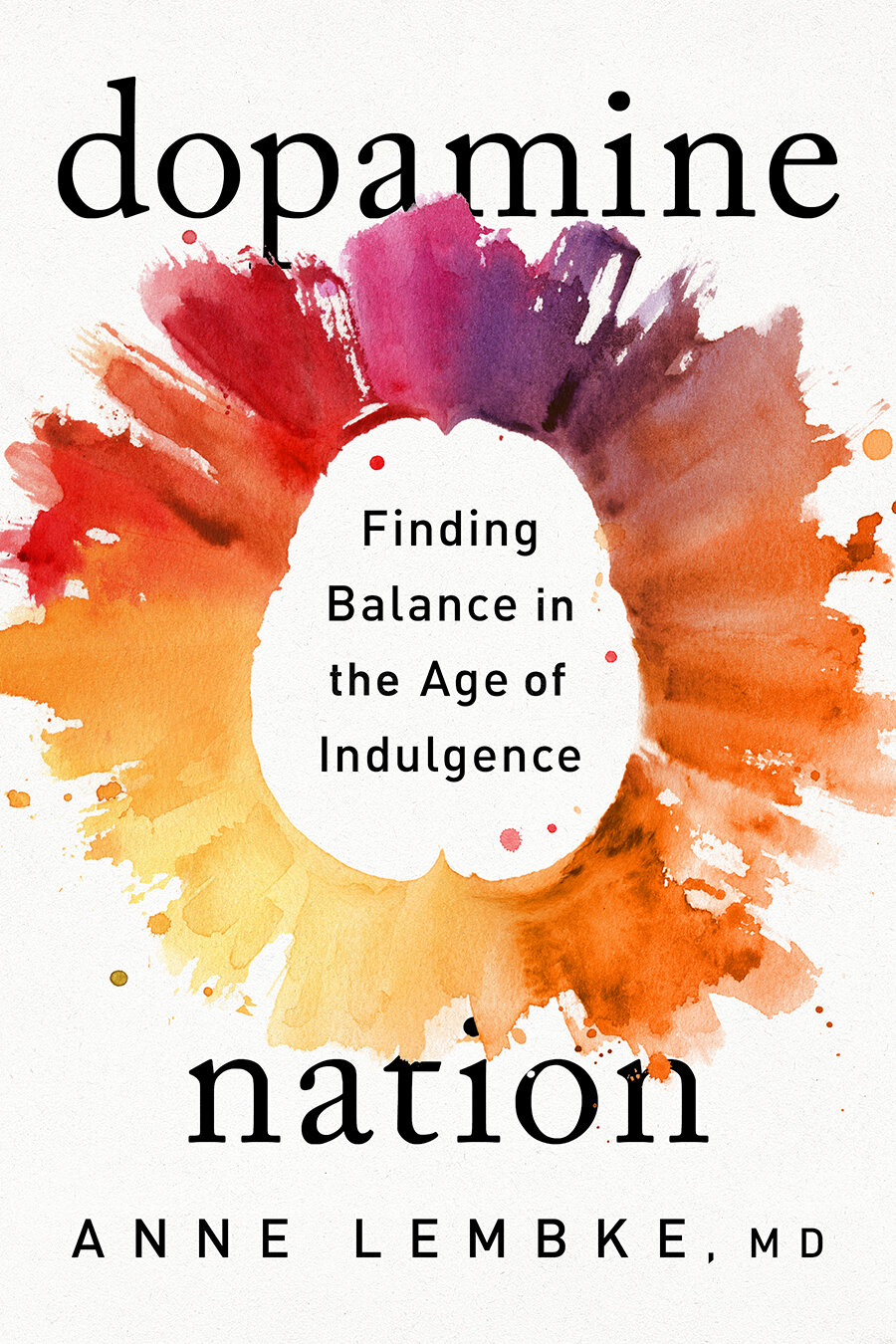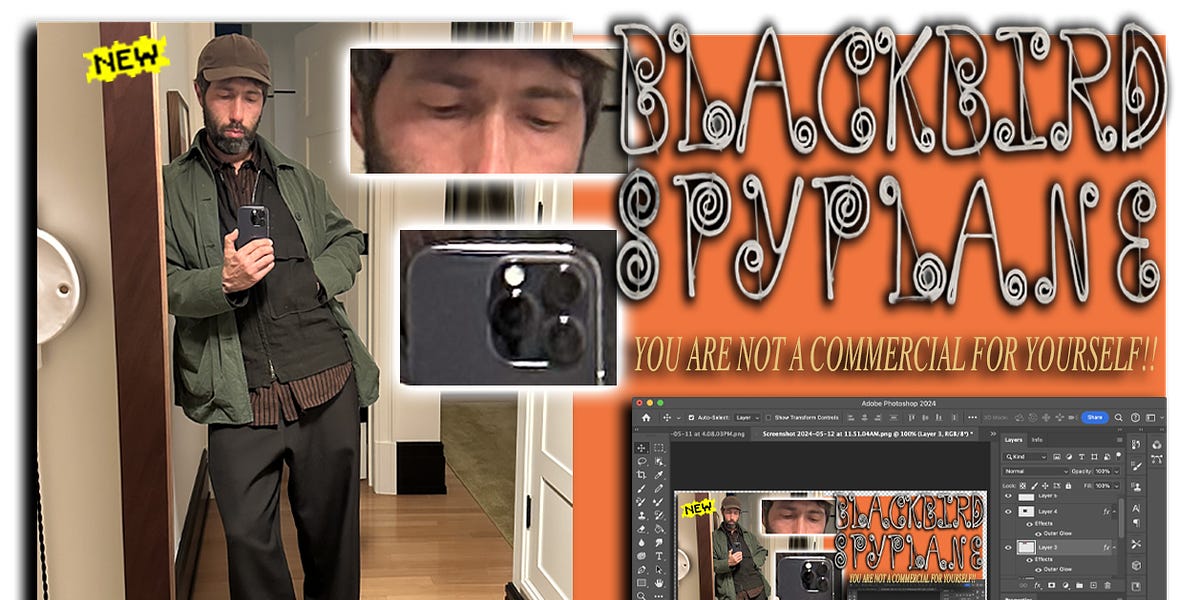
The Sci-Fi Writer Who Invented Conspiracy Theory
In 1950 , a U.S. Army psyops officer named Paul Linebarger used a pseudonym to publish a science-fiction story titled “Scanners Live in Vain” in a pulp magazine. It was about a man named Martel who works for the “deep state” in the far future as a mysterious “scanner,” or starship pilot, and whose mind is manipulated by evil bureaucrats. After a new technology called a “cranching wire” restores his true senses, he recognizes that his bosses within the government order a hit on anyone who challenges their control of space travel and the economy. Martel ultimately joins an insurrectionary movement aimed at overthrowing the regime.
If this narrative sounds like a QAnon conspiracy theory, there’s a good reason for that: Today’s dystopian political rhetoric has its roots in mid-century sci-fi. Martel’s struggle against secretive, malevolent authorities echoes in the Pizzagate shooter’s fantasy about a cabal of politically powerful pedophiles; we can also see its inspiration in Representative Marjorie Taylor Greene’s anti-Semitic Facebook rant about space lasers beamed at the Earth, and the Donald Trump adviser Roger Stone’s intimation that Bill Gates “played some role in the creation” of COVID-19.
Linebarger, who died of a heart attack in 1966 at age 53, could not have predicted that tropes from his sci-fi stories about mind control and techno-authoritarianism would shape 21st-century American political rhetoric. But the persistence of his ideas is far from accidental, because Linebarger wasn’t just a writer and soldier. He was an anti-communist intelligence operative who helped define U.S. psychological operations, or psyops, during World War II and the Cold War. His essential insight was that the most effective psychological warfare is storytelling. Linebarger saw psyops as an emotionally intense, persuasive form of fiction—and, to him, no genre engaged people’s imagination better than science fiction.



























